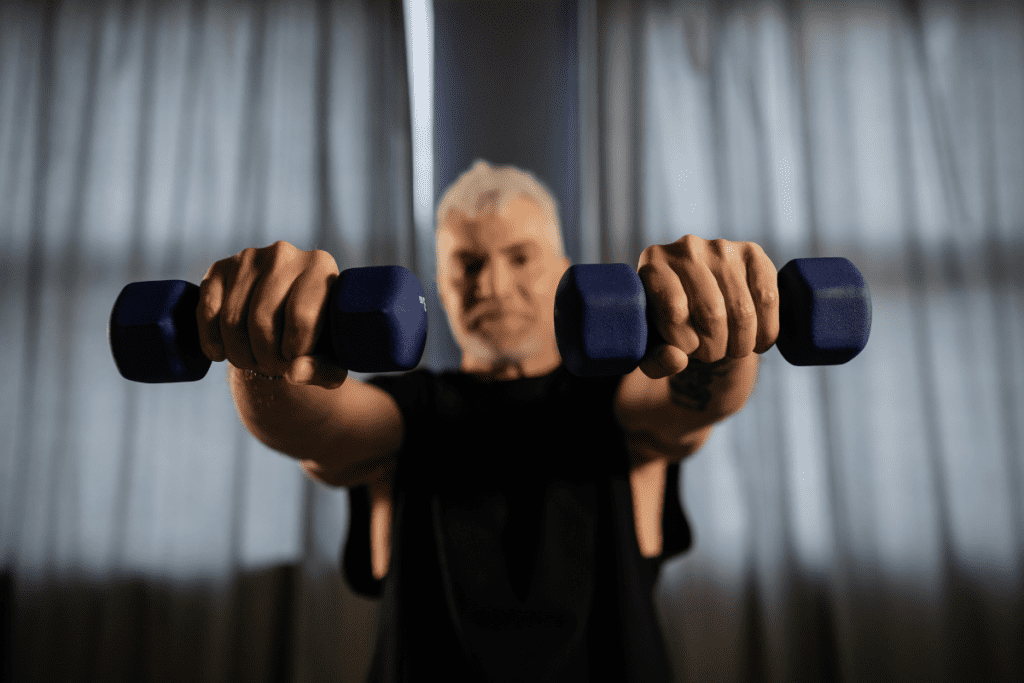CANCER, a disease so common, but not very well understood. Cancer is the leading cause of deaths to our West Australian community, with approximately 3 of every 10 deaths being caused by it.
But what exactly is cancer? Cancer is a disease caused by changes to the genes that control how cells grow and divide in a person’s body.
The World Health Organisation (WHO) estimates that 30-50% of all cancer deaths are preventable through changing key risk factors to an individual’s lifestyle.
Some risk factors cannot be altered, such as your age, or family medical history. Other risk factors including physical activity levels, diet, smoking and alcohol consumption levels, can be improved to reduce the risk of developing cancer.
Cancer can be detrimental to an individual – but it doesn’t have to be! By working towards improving your overall health and wellbeing, you are reducing your risk of developing cancer.
Main Side Effects in Cancer Patients:
· ↑Fatigue
· ↑Depression and Anxiety
· ↑Muscle Wastage
· ↑Risk of developing Co-Morbid Conditions
· ↓Physical Activity Levels
· ↓Quality of life
There is a clear role for exercise throughout the cancer continuum to help manage these side-effects! Exercising before, during, and after treatment can have a positive effect on:
· Overall Strength, Power, and Mass
· Immune Function
· Mood, Self-Esteem, and Body Image
· Physical Functioning
Exercise can also help reduce:
· Length of Hospital Stay
· Emotional Stress
· Severity of Symptoms (Including Pain and Fatigue).
So, How Can Exercise Help?
There are many ways exercise can help reduce the risks associated with cancer, below are a few examples:
Mental State:
By creating a consistent exercise routine your body releases endorphins to help improve your mood, your immune function, reduces anxiety, and depressive episodes.
Fatigue:
ESSA (Exercise and Sports Science Australia) has found that there is strong evidence to support exercise as being one of the best ways to treat fatigue without using pharmacological treatments. Being active AND reducing medication intake? What more could you want!
Weight Loss or Gain:
An exercise program can be created to target either weight loss or weight gain – the good thing about gaining weight through exercise, is that you will be gaining muscle mass and not fat, which is important for overall health and wellbeing.
Physical Functioning:
Improving your overall strength and aerobic fitness will have a direct positive effect on your physical function. For instance, improving your lung capacity could help you walk up the stairs without getting short of breath, improving your muscle strength to pick up your child or grandchild off the ground for a hug, or simply just being able to hang the laundry out by yourself. Exercise is so important to help keep you independent for as long as possible.
Accredited Exercise Physiologists (AEP) can help with:
· Goal Setting
· Exercise Prescription and Support
· External Motivation
· So Much More
Our AEP’s will work with you to create an individualised exercise program to target your specific circumstances, improve your prognosis, treatment outcomes, as well as short- and long-term consequences of cancer treatment.
Contact us today for more information about how we can help throughout the cancer continuum.



